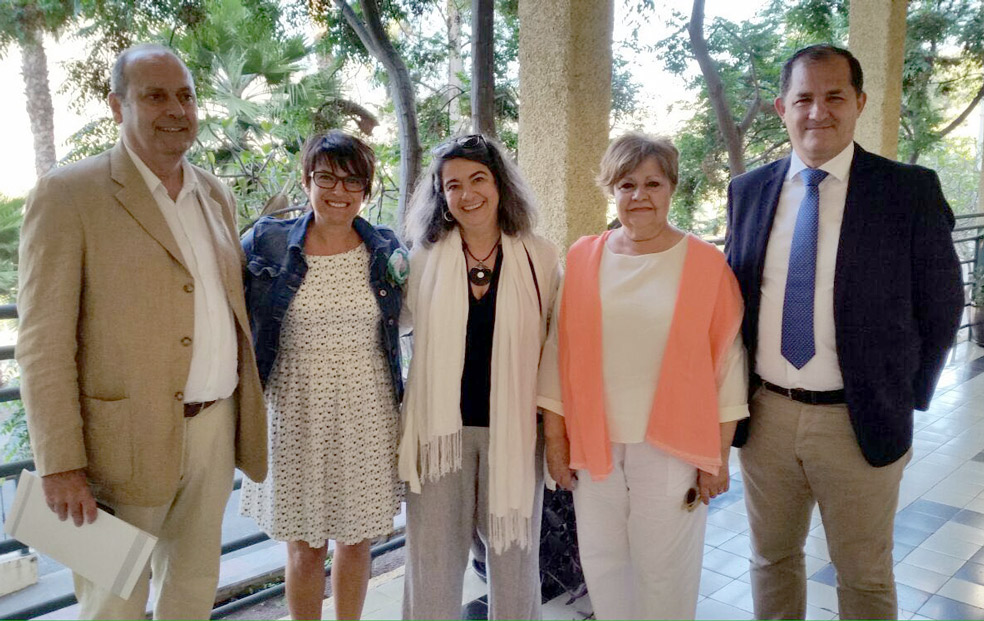
Involvement of professionals key to advancing an integrated model focused on the elderly.
• In collaboration with the Pilares Foundation and the Social and Healthcare Service Institutions (AISS) of Cabildo de Las Palmas in Gran Canaria and Cabildo de Tenerife, Clece has organized the first Events on the Integrated Care Model Focused on the Person (AICP) in order to debate how to advance an integrated care model focused on the elderly and the way in which their needs and preferences for home help and residential care can be met
Gran Canaria, 23rd June, 2016. The involvement of competent professionals is key to advancing an integrated gerontological care model focused on the elderly. This is one of the main conclusions from the 1st Event on the Integrated Care Model Focused on the Person (AICP) and its application to the Home Help Service (SAD), care homes and day centres. This took place on 20th June at the El Sabinal Healthcare and Social Centre on Gran Canaria and on 22nd June at the Hospital de los Dolores, in Laguna, on the island of Tenerife.
Both meetings were organized by Clece in collaboration with the Pilares Foundation, Cabildo de Las Palmas, Gran Canaria (IASS) and Cabildo de Tenerife (IASS), and were greatly welcomed by professionals in the healthcare and social services field. There was a discussion on the need to drive a change in the focus of gerontological interventions by adopting a more integrated care model focusing on the person, making the elderly the focus of care, allowing autonomy, enabling independence, and highlighting the therapeutic role of normal everyday life. Experiences were shared along with the results of applying different models of home help and centre care.
“At Clece we provide care to more than 110,000 elderly people both in care homes and through our home help services. The sector has experienced a great transformation in recent years but must continue to advance and play a central role in the autonomy of those who receive our professional support. Above all, making it possible for later years to become an active phase which is itself a part of a life plan” commented Daniela Macías, a Clece social worker.
During the event, Pilar Rodríguez, the Director of the Pilares Foundation, and Clarisa Ramos, Professor of Social Work and Social Services at the University of Alicante and also a member of the Foundation, explained the concept behind the AICP model, methodology and tools applied to home help, care home and day centre services. Pilar Rodríguez commented “There is a consensus on the principles which define gerontological care, such as personalisation, integration and the promotion of autonomy, amongst others. However, translating this into day-to-day practice in terms of services and centres, presents real difficulty as often these are subject to numerous organizational and employment rules as well as care routines”
Therefore the role of professional carers is key to applying the model. Their close and continued contact with the elderly or anyone in a dependent situation becomes a valuable source of information in order to personalize care and drive the active involvement of the elderly.
The Pilares Foundation for Personal Autonomy is a not-for-profit organization whose purpose is to support the dignity of human life through the application of an integrated care model focused on the person within the context of the aging process and disability.
